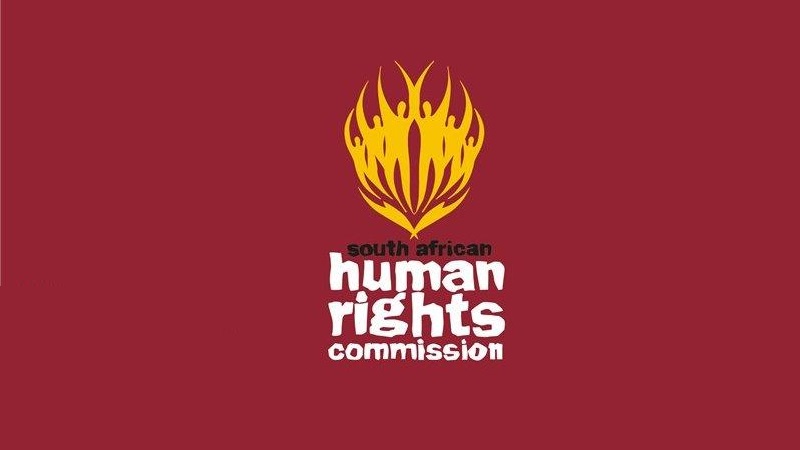The South African Human Rights Commission (SAHRC) on Thursday welcomed the Constitutional Court ruling, delivered by Justice Mbuyiseli Madlanga, allowing independent candidates to contest for national and provincial elections.
The SAHRC said the ability to stand for public office is a fundamental right in South Africa that is guaranteed in section 19 of the Constitution.
“This right is a domestication of a provision contained in international instruments such as the International Covenant on Civil and Political Rights, Article 25 of which provides that every citizen shall have the right and the opportunity, without any unreasonable restrictions, to vote and to be elected at genuine periodic elections,” the SAHRC said.
“The general concern has been that party politics exert representation in proportion to their electoral support and this has undermined the right in section 19, resulting in issues of corruption as the system lessens accountability between representatives and their constituencies.
“This is a limitation, to an extent, of democracy that envisages broader public participation.”
The SAHRC said, as the apex court stated, the exercise of these important rights is not within the gift of political parties, which may choose who gets to enjoy the right to hold office.
“South Africans are bearers of these rights individually just as they hold the right to vote and which they exercise in secret as individuals. Starting and running a political party costs lots and lots of money,” the commission said.
“The requirement that a person can stand for and be elected to public only through a political party is automatically exclusionary to the majority of the poor in this country who cannot establish their own political parties, because of poverty, in case they are not happy with what is on the menu at any given time.
“There is appreciation in how the court sets out the separation of powers between the judicial and legislative powers in dealing with the issue at hand and its deferring the constitutional mandate to Parliament. Importantly, while Parliament’s mandate extends to setting out legislation for the exercise of this right, an Act cannot prevent the exercise of constitutionally entrenched rights.”
Meanwhile, South African political party, Forum 4 Service Delivery (F4SD) on Thursday also welcomed the constitutional court ruling declaring parts of the South African electoral act unconstitutional.
Party leader, Mbahare Kekana said the ruling was a step closer towards releasing the true “the people shall govern” credo.
“What we understand by this judgment is that any adult individual can contest to become member of parliament or member of provincial legislature but, it is not clear whether that individual will be eligible for positions of presidency, premier or mayor. F4SD will seek clarification in that regard,” Kekana said.
In October 2018, the F4SD marched to the Electoral Commission of South Africa (IEC) head office in Centurion, Gauteng, and demanded that independents be allowed to stand in provincial and national elections.
The ConCourt declared on Thursday that Electoral Act 73 of 1998 was unconstitutional in that adult citizens could be elected to the national assembly and provincial legislatures only through membership of political parties.
Parliament was given 24 months to revise the legislation.
The New Nation Movement and others approached the constitutional court to appeal the Western Cape high court ruling, which dismissed the application.
Source: ANA






 WhatsApp us
WhatsApp us 

